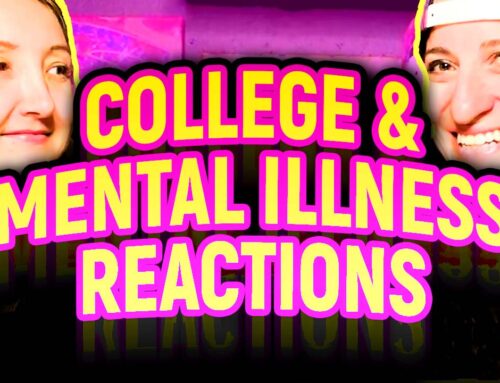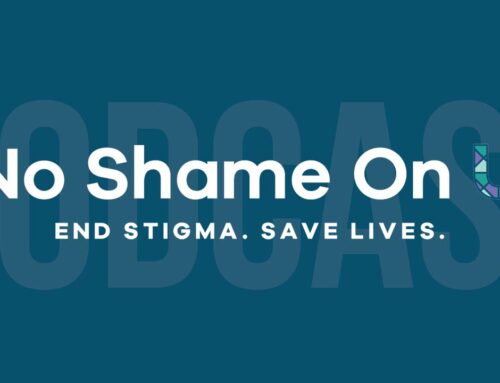The Social Impact Potential of Clinical Mental Health Counselors
Almost anyone who has received help from a clinical mental health counselor will readily share that the experience shaped and changed their situation, circumstances, or even their life as a whole. Mental health counseling is becoming more widely recognized as a vital cog within society’s healthcare framework.
Whereas medical and wellbeing priorities would historically have centered on physical ailments, we are gradually learning to promote the equal importance (or even greater importance in some cases) of facilitating strong mental health and making mental health services more available to communities small and large. When society has access to mental health resources, including clinical counselors, the results of better mental health at a societal level can be profound.
What Clinical Mental Health Counselors Do
Mental health counselors are trained in a wide variety of practice styles, frameworks, techniques, and knowledge areas. They can work in settings that include (but are not limited to) colleges and universities, hospitals, correctional institutions, health clinics and centers, primary schools, outpatient facilities, nonprofit organizations, and more. Though their roles and work experiences can range widely, clinical counselors share a central purpose for the work they do: to help people navigate difficulties and improve their overall wellbeing and quality of life.
The services that clinical counselors are trained to provide differ from those offered by other types of medical or wellness professionals. Counselors employ conversation, both in one-on-one and group settings, to help their clients attend to various aspects of their mental and emotional health. Mental health counseling services are often structured or delivered in a way that enables the client(s) to reach their own conclusions, guide their own improvement, and initiate self-change. Facilitating this process takes immense practice, knowledge, and skill. This is why mental health counselors undergo the large amount of training that they receive (usually a Master’s degree at minimum) before becoming licensed counselors.
Receiving mental health counseling can happen in a variety of ways. Some clinical counselors facilitate group therapy sessions of various kinds. These might be offered in an inpatient or outpatient setting, through a school or educational facility, in a professional environment, or in their own practice. Alternatively, many people receive mental health counseling in one-on-one meetings. These can create the opportunity for personalized, focused care.
Why It Makes a Difference
Maintaining strong mental health is critical for human beings because it affects every other sphere of life. Addressing ailments that compromise mental wellbeing can be difficult and complicated. It can also unfortunately still be stigmatized, and fraught with misunderstanding and misinformation. This is why the work of mental health counselors is so important.
The Effects Mental Health Counseling Can Have on Society
When clinical health counselors are prevalent, visible, and available within society, this can positively affect the state of community-wide mental health in multiple ways. First, this can increase overall awareness of mental health, how it works, and how to maintain it. When more people understand more about mental health, this can drastically improve a society as a whole.
Second, it reduces stigma and disinformation about mental illness. It normalizes receiving regular care for mental health or treating mental health difficulties and diagnoses. It makes receiving care and counseling services more forefront and helps people understand the importance of taking mental health seriously.
Third, making mental health counseling more available and visible makes it more likely that those who would benefit from receiving mental health care will actually access it. A huge detractor from community-wide mental health can often simply be that people don’t have mental health services near enough or available enough to take advantage of them. When mental health is visible and accessible for an entire community or, more broadly, society at large, its use is dramatically heightened over time.
Maintaining a strong average level of mental health, or improving the current level of mental health, across a community or society can have huge ripple effects and fundamentally change its overall vitality. Improvements in mental health can lead to decreased crimes and arrests, better performances in educational and professional settings, strengthened relationships in families and social groups, greater empathy and effectiveness in political and judicial decision-making, and more.
Becoming a Mental Health Counselor
If you are interested in pursuing a career as a clinical mental health counselor, there are many ways to accomplish this and set yourself up for a fulfilling and lasting career. Demand for mental health counseling professionals is expected to increase substantially over the coming decade. This is a strategic time to enter the field and will afford you ample opportunities for growth and professional advancement.
In order to pursue a career as a clinical counselor, you will need to complete a Bachelor’s degree. Then, depending on the specific role you’d like to pursue and the competition level in the place where you’d like to work, you may need to earn a Master’s degree before you are able to become licensed and begin practicing. If you haven’t already completed your Bachelor’s degree, it can be advantageous to choose a degree program in psychology, sociology, or a similar field. These degrees can create a solid academic base for your work as well as any continued study. They can also sometimes be prerequisites for being accepted into the Master’s program of your choice.
Once you’ve completed a Bachelor’s degree, you can begin exploring job opportunities in mental health counseling in your desired area. If it appears that you’ll need to earn a Master’s degree, there are a number of ways you can go about this. Master’s degree programs in clinical mental health counseling can be completed in-person, and increasingly, you can also find and complete mental health counseling Master’s programs online without having to interrupt your current lifestyle, commute, or move in order to complete your program.
If you are interested in making a tremendous social impact, consider entering the world of clinical mental health counseling. You could change entire communities through helping promote, maintain, and protect mental health.





